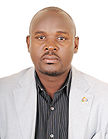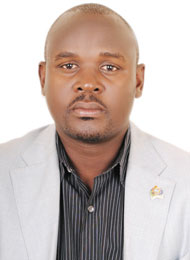Can education be used as a counter-terrorism tool?
As the dust settles down on the terrorist attack on Nairobi’s Westgate Mall, analysis on various aspects and persons concerned have taken centre stage.

Sam Kebongo

